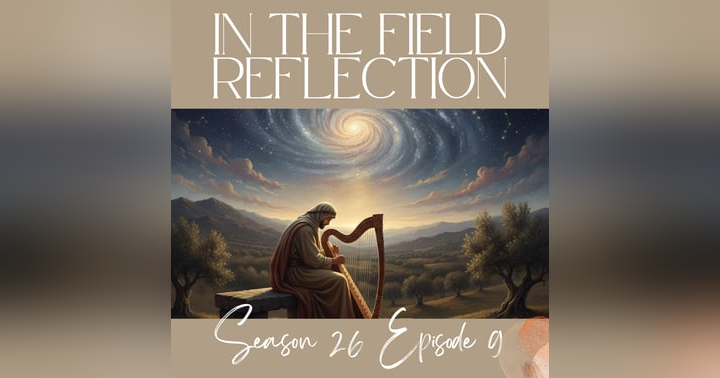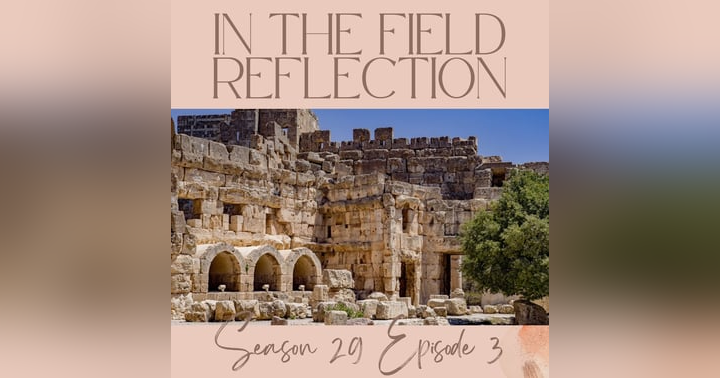Windows of Heaven: What Happens When We Take God At His Word

Malachi 3 speaks powerfully to our modern tendency toward half-hearted faith and spiritual complacency. This profound chapter begins with a divine promise that resonates across centuries: "See, I am sending my messenger to prepare the way before me." This messenger would come before the Lord Himself appears suddenly in His temple—a prophecy Christians recognize as fulfilled in John the Baptist preparing the way for Jesus Christ, the messenger of the covenant. In these verses, we are challenged to take God at His Word, trusting that His promises are sure and His timing is perfect.
What strikes me most about this passage is the vivid imagery used to describe God's purifying work. "He is like a refiner's fire and like fuller's soap." In ancient times, refiners would heat precious metals until impurities rose to the surface and could be skimmed away. Fuller's soap was a caustic cleansing agent that vigorously cleaned cloth. Both metaphors reveal something essential about God's nature—He doesn't merely want to improve us; He wants to transform us completely. This refining process might be uncomfortable, even painful, but its purpose is restorative, not punitive. God purifies to bring out our true value, not to destroy us.
The chapter then pivots to one of the most challenging accusations in scripture: "Will anyone rob God?" The Lord confronts His people with the charge that they have been withholding tithes and offerings. This wasn't merely about financial disobedience but represented a deeper spiritual problem—they were keeping their best for themselves and giving God their leftovers. How often do we do the same? We reserve our prime energy, attention, and resources for our own pursuits, then offer God whatever remains. The passage reveals that this pattern doesn't actually enrich us but impoverishes our spiritual lives.
What follows is extraordinary—God actually invites His people to test Him: "Bring the full tithe into the storehouse...and thus put me to the test." This is the only place in scripture where God explicitly asks to be tested. He promises that faithful giving will result in overflowing blessing, protection from devastation, and restoration. This isn't promoting a prosperity gospel but rather revealing the spiritual principle that generosity creates space for God's abundance. When we release our tight-fisted grip on our resources, we demonstrate trust in God's provision rather than our own security systems.
The chapter then contrasts two perspectives: those who find serving God worthless and those who revere Him. The cynics complain that the wicked prosper while the righteous suffer—an age-old observation that still troubles believers today. Yet amid this cynicism, a faithful remnant emerges who continue to honor God despite seeing no immediate material benefit. These believers "spoke with one another," suggesting community sustained their faith when isolated belief might have withered. God's response is tender and profound: "They shall be mine, says the Lord of hosts, my special possession." Their names are recorded in a "book of remembrance," assuring them that no act of faithfulness goes unnoticed by God, even when it seems insignificant in the world's eyes.
This ancient message speaks directly to our contemporary spiritual struggles. In a culture of immediate gratification, Malachi challenges us to take the long view of faithfulness. When serving God seems thankless, when doubts creep in about whether our devotion matters, Malachi reminds us that God sees, remembers, and treasures those who honor Him. The chapter concludes with the promise that we will ultimately see "the difference between the righteous and the wicked, between one who serves God and one who does not serve him." Our choices matter eternally, even when their significance isn't immediately apparent.



